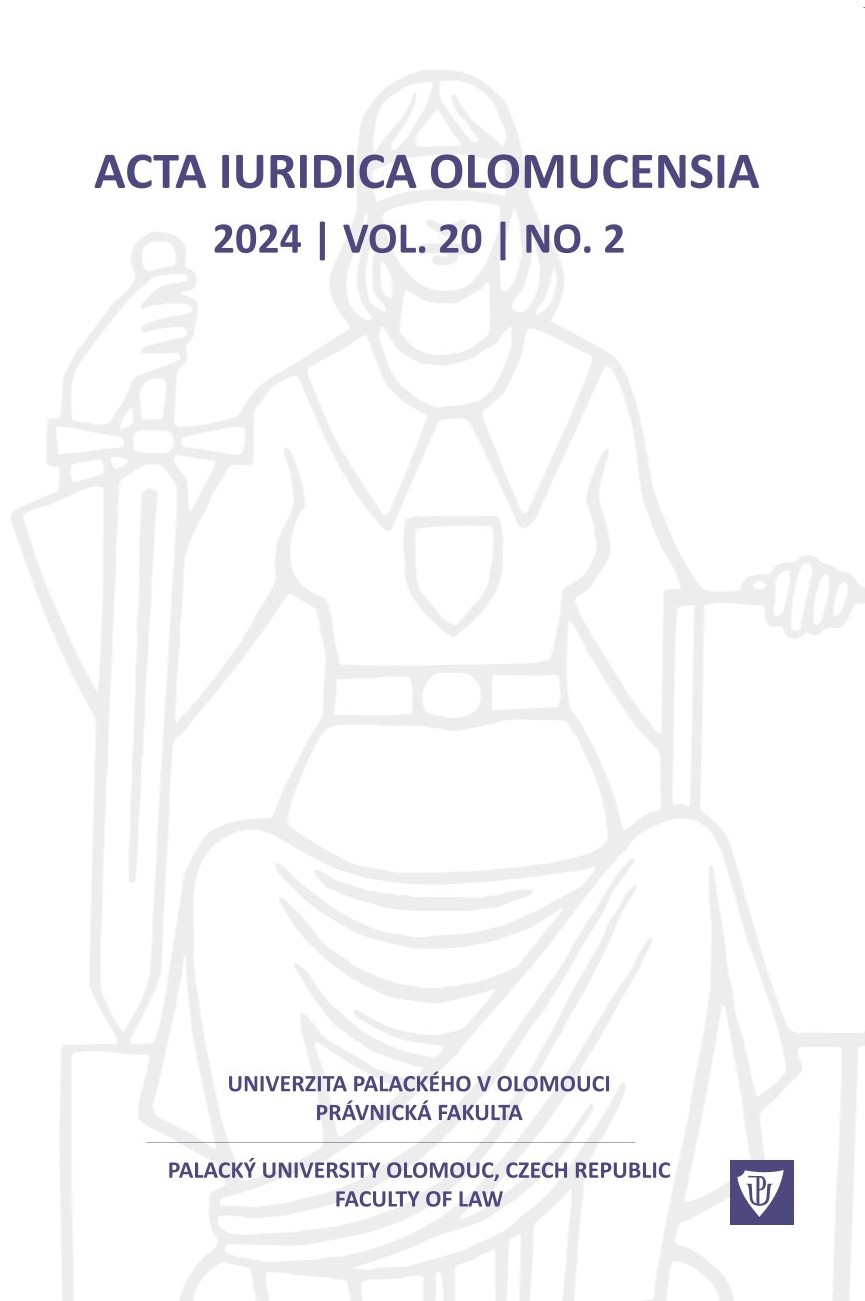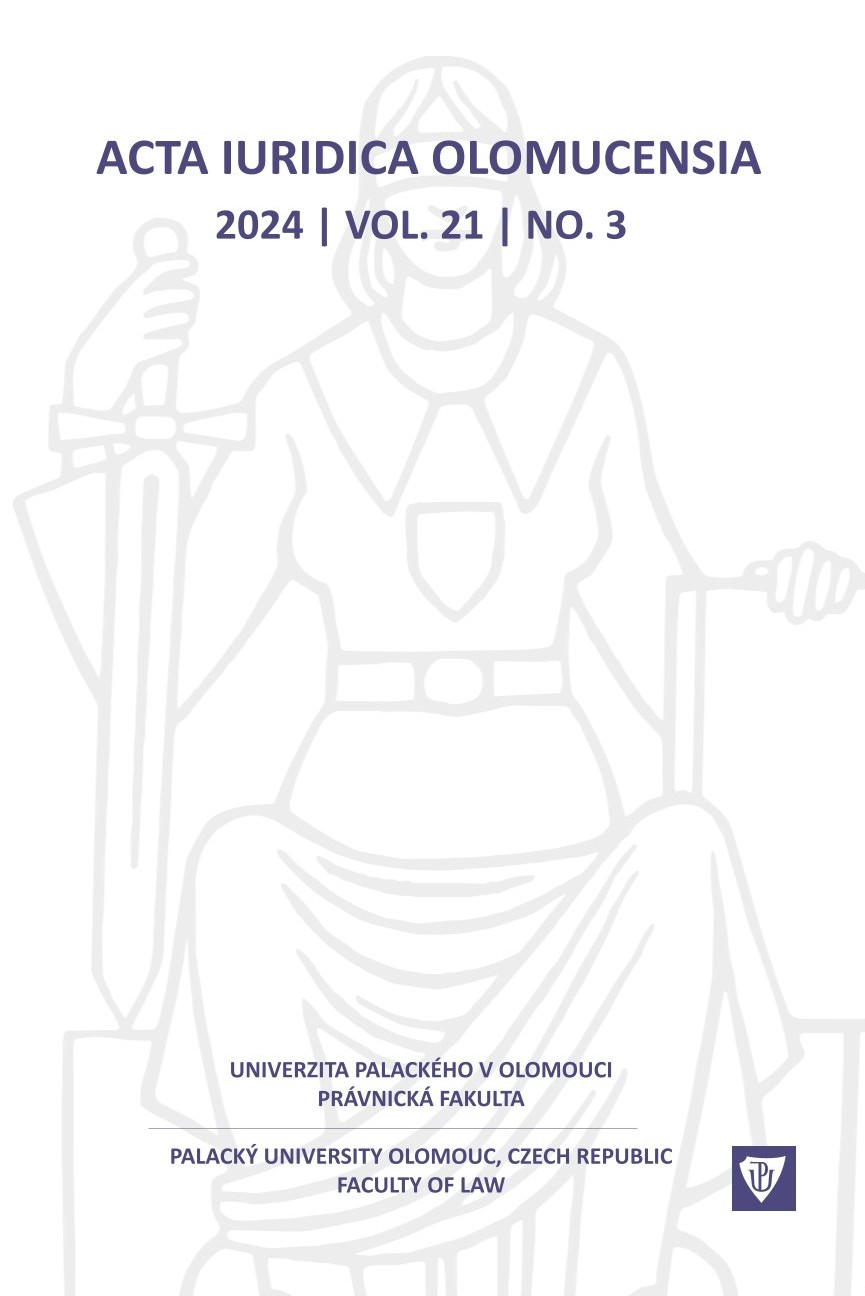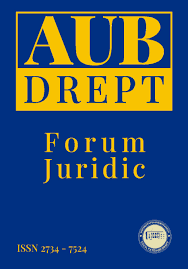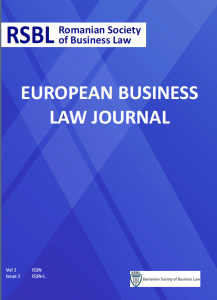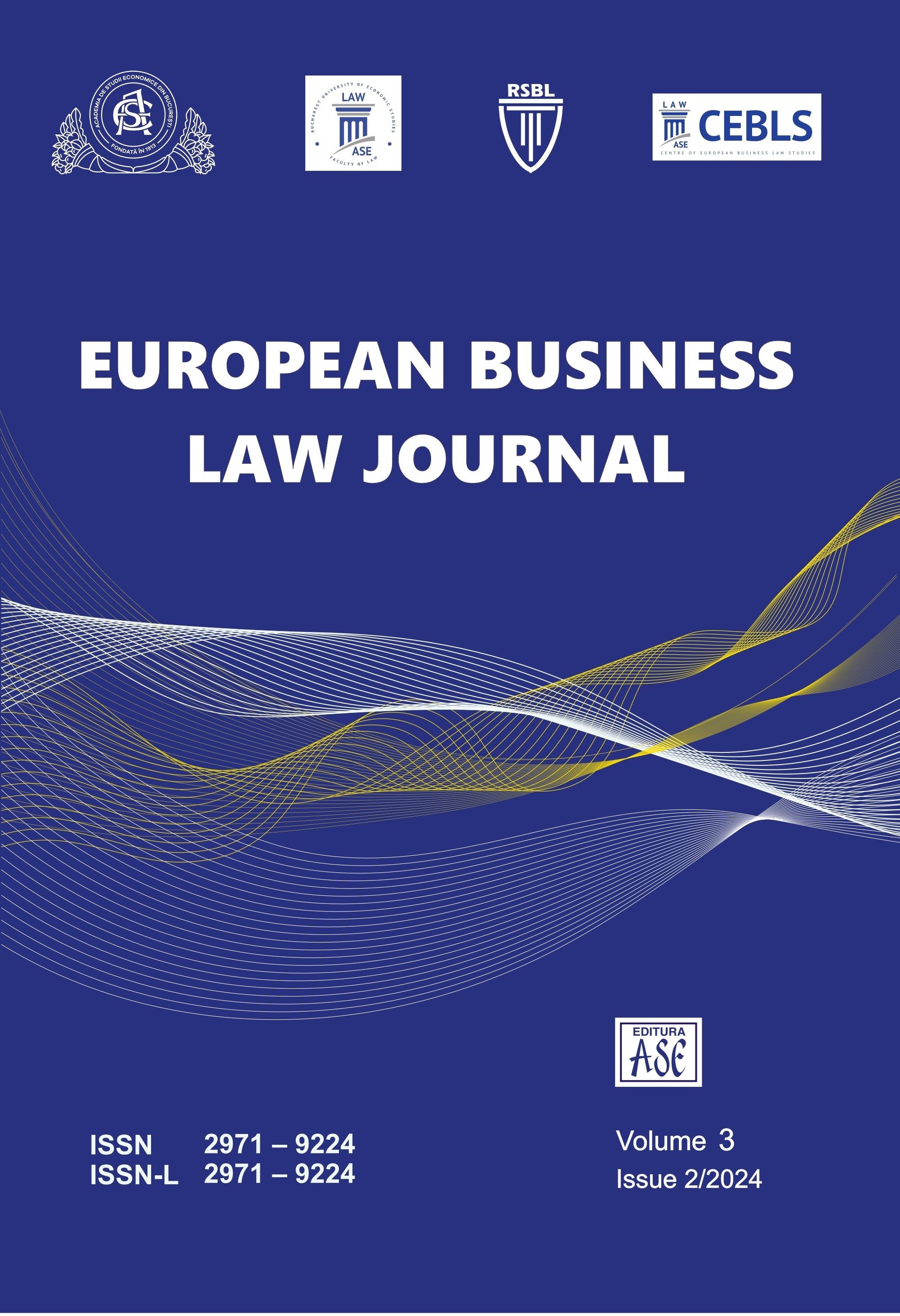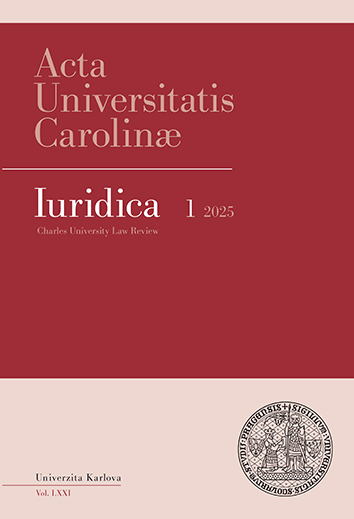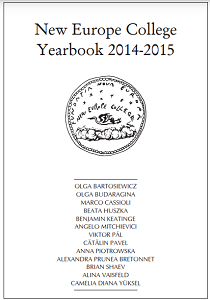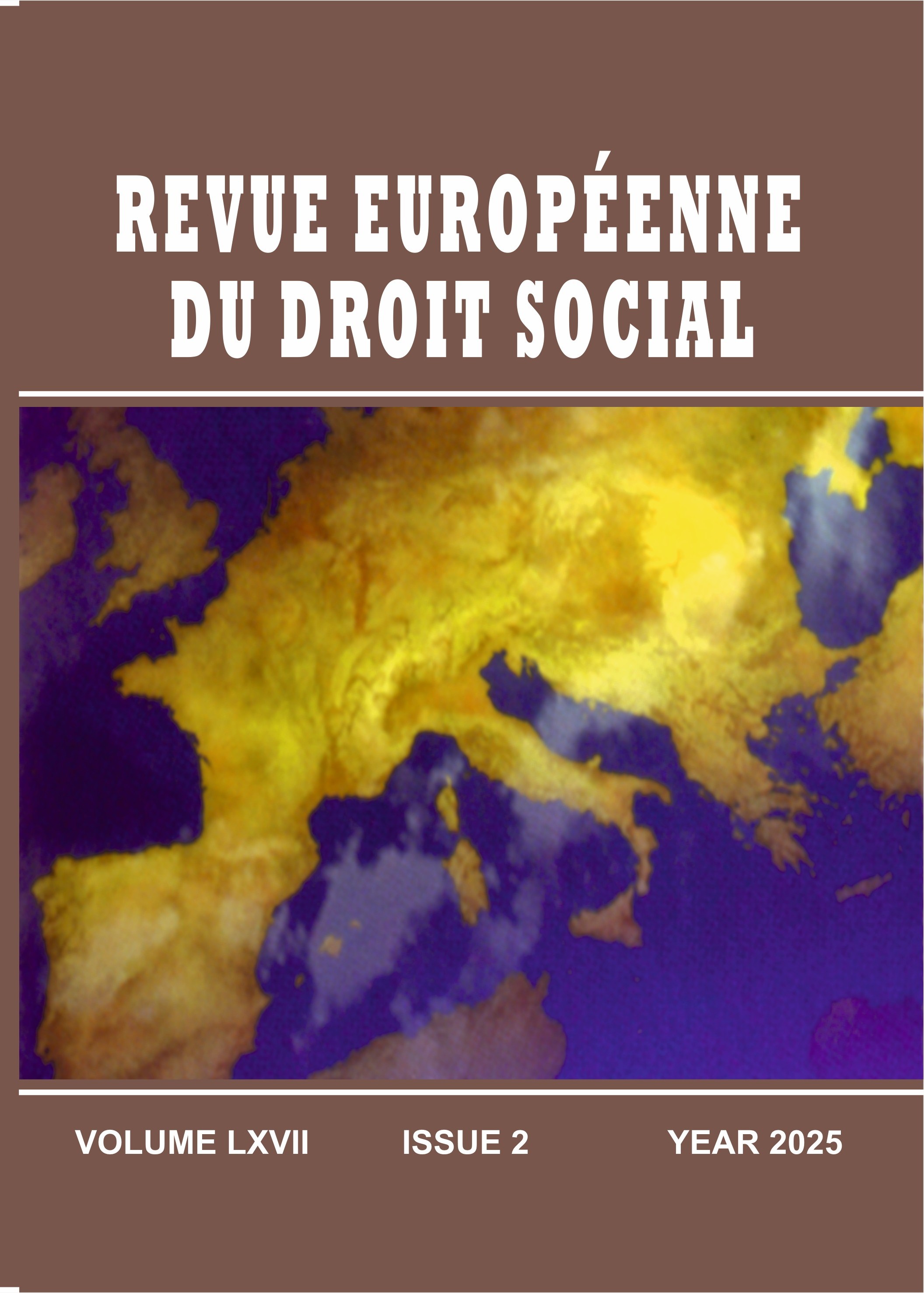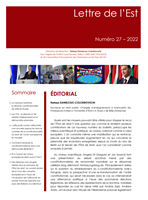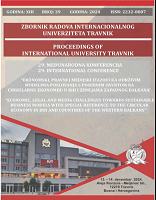
PRAVNI OKVIR I MEHANIZMI ZA UNAPREĐENJE ZELENIH JAVNIH NABAVKI U BOSNI I HERCEGOVINI S OSVRTOM NA EVROPSKO ZAKONODAVSTVO
In today's world, the issue of sustainability is becoming crucial in all segments of economic and social development, and green public procurement is one of the most important tools for achieving the goals of sustainable development, reducing negative impacts on the environment and promoting energy efficiency. Bosnia and Herzegovina (BiH) has recognized the importance of sustainable public procurement in the context of environmental protection, however, the legal framework for green public procurement is not sufficiently developed and harmonized with European norms and standards. Building an efficient legal framework for the development of green public procurement in Bosnia and Herzegovina is a key measure for improving sustainable practices. Legal regulation in BiH regarding green public procurement is based on the Law on Public Procurement of BiH, which is harmonized with the legislation of the European Union (EU). Although the law does not explicitly recognize "green" procurement, it enables the use of ecological criteria in the selection process, with the condition that these criteria are related to the subject of the procurement. The improvement of legal regulations in accordance with European standards requires the improvement of capacities and harmonization with EU policies, including training and strengthening the role of public procurement in achieving the goals of sustainable development. Despite the above challenges it faces in implementing green public procurement, BiH has the potential to create a solid foundation for its development and the realization of economic and environmental benefits.
More...
